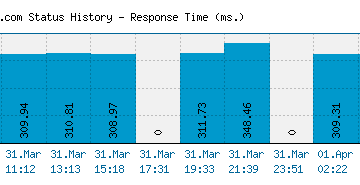The Controversy Surrounding Pegasus Spyware

Introduction
In recent years, Pegasus spyware has emerged as a significant topic of discussion concerning digital privacy and security. Developed by the Israeli firm NSO Group, Pegasus has been linked to numerous human rights abuses and acts of surveillance against journalists, activists, and government officials around the world. As societies increasingly rely on technology, understanding the implications of such invasive tools becomes crucial, prompting debates about governmental oversight, privacy rights, and ethical technology use.
The Genesis of Pegasus
First identified in 2016, Pegasus has the ability to infiltrate smartphones running both iOS and Android systems. This sophisticated spyware can access a user’s messages, calls, photos, and even activate the device’s camera and microphone without the user’s knowledge. Reports from organisations like Amnesty International and Citizen Lab have raised alarms about how Pegasus has been exploited to target those critical of governments.
High-Profile Cases and Global Reaction
One of the most widely reported incidents involving Pegasus occurred in July 2021, when a consortium of media outlets, including The Guardian and The Washington Post, published findings revealing that the software had been used to hack the phones of numerous journalists and dissidents worldwide. Among those reportedly targeted were the phones of French President Emmanuel Macron, Mexican journalists, and numerous activists from diverse regions.
The implications of these findings resulted in widespread condemnation of NSO Group and renewed calls for regulation concerning surveillance technologies. Governments and international organisations have been urged to consider ethical implications and to scrutinise companies developing such invasive software.
Current Developments
In response to growing scrutiny, NSO Group has claimed that Pegasus is intended for use against criminal and terrorist activities. However, the line between legitimate surveillance and unethical infringement upon privacy rights continues to blur, leading to an ongoing debate over regulatory frameworks governing the use of surveillance technology.
In 2022, the US government announced sanctions against NSO Group, citing human rights abuses tied to its software. Nevertheless, the company maintains that it follows strict protocols while conducting its operations, aiming to limit the abuse of its products. As investigations continue and new cases emerge, the future of Pegasus and similar tools remains uncertain.
Conclusion
The Pegasus spyware saga poses critical questions about privacy, ethics, and the balance between security and civil liberties. As technology evolves, so too must the frameworks that govern its use, ensuring that individual rights are protected while addressing legitimate security concerns. For readers, understanding the implications of such espionage capabilities highlights the need for vigilance in an increasingly digital world. As discussions continue, it is vital for citizens, policymakers, and tech developers to engage in dialogues that shape a responsible future for surveillance technology.









